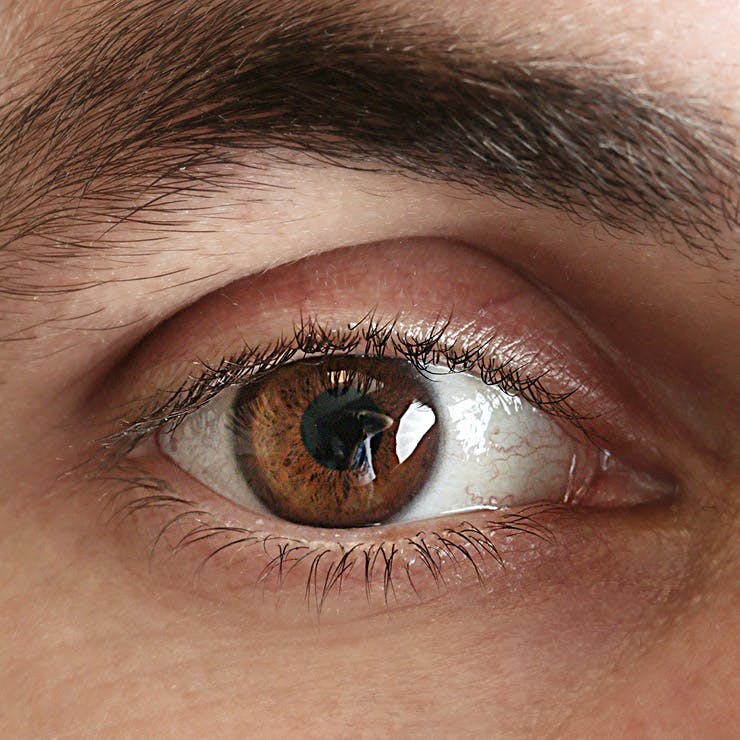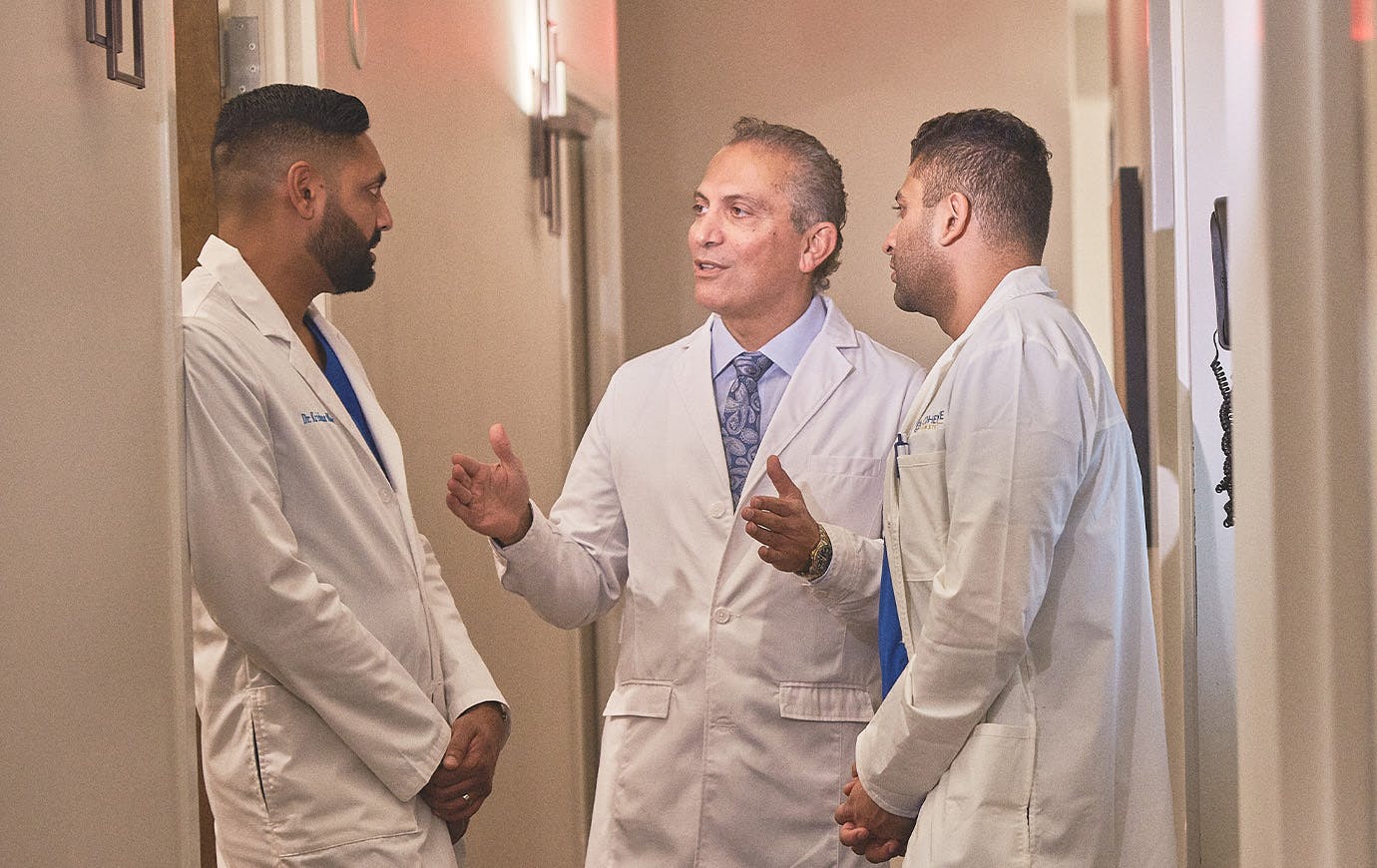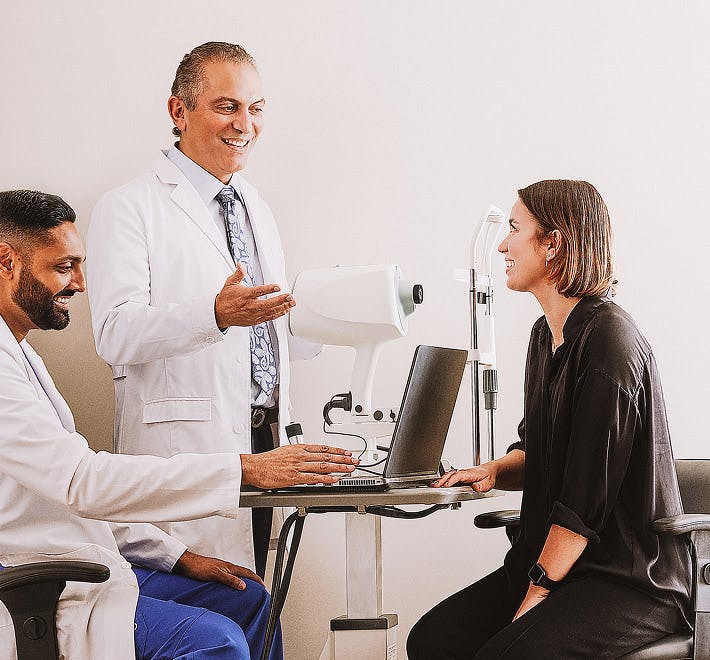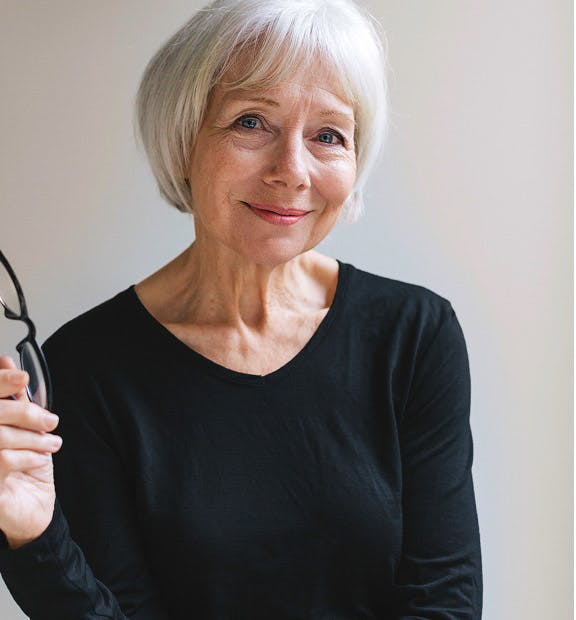Protect your cornea and slow keratoconus progression with a proven strengthening technique.
What Is Collagen Cross-Linking?
Collagen cross-linking is a minimally invasive technique used to treat conditions like keratoconus by increasing the cornea's rigidity. The procedure typically involves applying riboflavin (vitamin B2) eye drops, then activating them with controlled UV light. This interaction enhances the collagen fibers within the cornea, making them less prone to thinning and protrusion.
By reinforcing this essential structure, the treatment helps curb the progression of vision-distorting conditions. While collagen cross-linking in Queens doesn't reverse existing corneal damage, it does offer a pivotal first step in halting further deterioration and maintaining clearer eyesight for the future.











